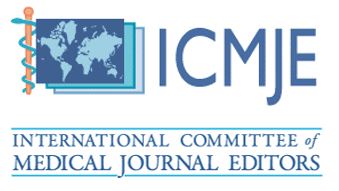Role of Immunopathology in Clinical Course of Malaria: A Review
DOI:
https://doi.org/10.51200/bjms.v12i3.1158Abstract
Malaria is a major health problem in various parts of the world especially affecting the tropical countries. It affects the vital organs causing severe complicated malaria. Clinical syndromes like severe cerebral anaemia, coagulation abnormalities, respiratory distress and severe anaemia can increase the mortality of malaria infected cases. Variation in individual susceptibility and severity and type of clinical presentations of malaria raises the need for study of both the parasite and host immune reactions as well as the contribution of inflammatory cytokines in malaria pathogenesis. This study explored the immunopathological basis and advances of severe malaria and their importance in pathogenesis of malaria and its complications. Previous and ongoing studies indicate that changes in endothelium during the sequestration of parasites in organs causes disruption of endothelial barrier function leading to serious effects of malaria. Parasite and host factors contribute to disturbance of cytokine regulation and escape of parasites from the immune system of the host. Immunopathological changes and dysregulation of cytokine production play central role in pathogenesis and disease severity in malaria.
Published
How to Cite
Issue
Section
License
All articles are published under the Creative Commons Attribution-NonCommercial (CC BY-NC 4.0) license, enabling users to read, download, copy, distribute, and adapt the material for non-commercial purposes, provided proper credit is given to the original authors and the source. This model supports transparency, accessibility, and the global exchange of medical knowledge.








1.png)





